Home page
The Environmental Social Sciences Research Group (ESS) is part of the School of Agriculture, Food and Ecosystem Sciences (SAFES).
Solutions to environmental and sustainability challenges require an understanding of their economic, social and psychological dimensions. At the University of Melbourne, the ESS group focuses on interactions between human and biophysical elements of urban, rural and wildland ecosystems.
Research disciplines in the Group include environmental sociology, environmental psychology, economics, forest management and policy.
We collaborate with experts in law, policy, geography, environmental science, design, engineering, mathematics and statistics to generate creative solutions to ecosystem management issues such as bushfire, forest management, water resources, land management, biosecurity, fisheries and urban sustainability. We work in partnership with policy makers, practitioners and communities to co-produce knowledge that is relevant and useful for decision making.
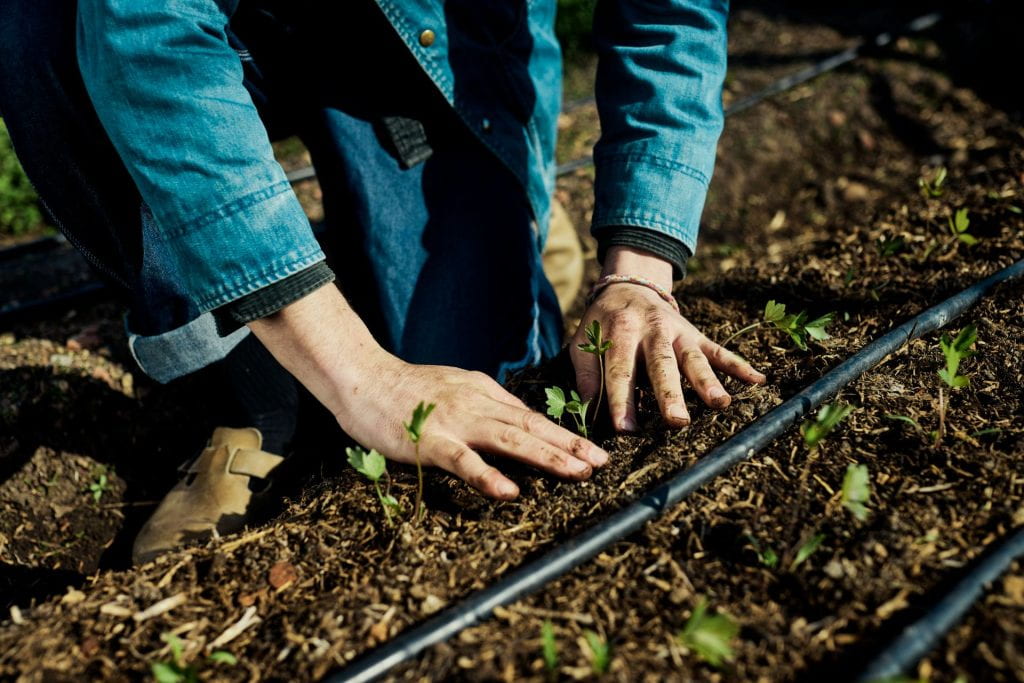
-
Introducing a new practice guide: Contemplative nature engagement practices to support individuals and communities facing ecological distress
University of Melbourne researchers - including ESS researchers, Rose Macaulay and Kathryn Williams - have partnered with experts of diverse contemplative practices to provide a practice guide to support individuals facing ecological distress. Aimed at group leaders and teachers working with people experiencing eco-distress, this resource bridges scientific understanding and contemplative wisdom to foster adaptive responses in the face of …
19 January, 2024 Article -
PhD scholarship – Understanding the social life of smart water technology for protecting urban streams
We, at the University of Melbourne, are very excited to be advertising a fantastic PhD opportunity (with scholarship) for an environmental social scientist. Project title: "Understanding the social life of smart water technology for protecting urban streams" Location: Melbourne, Australia Scholarship: $43,000 p.a. Submit EoI by: 17 February 2023 Monbulk Creek Smart Water Network This environmental social science PhD project is part of an interdisciplinary research …
13 January, 2023 Environmental S... -
The Future of Our Cities is Indigenous
Australia’s unceded cities are still part of Country, and if we care for them they will care for us as we face the climate challenge.
31 October, 2021 Conservation, A... -
‘Dismantling unhelpful binaries in citizen science’ at the #CitSciOzOnline conference
Debbie Gonzalez Canada, who is researching participation in digital environmental monitoring, discussed unhelpful binaries in citizen science at the CitSciOZOnline conference.
7 October, 2020 Citizen Science... -
Watch the winning entry for Visualise Your Thesis 2020 about mindful engagement in nature
PhD candidate, Rose Macaulay, recently won the University of Melbourne's Visualise Your Thesis competition. The competition challenges graduate researchers to present their research in a 60 second digital display. You can watch her entry below. Mindfulness and Wellbeing in Urban Nature by Rose Macaulay from unilibrary on Vimeo. Next, Rose will represent the University of Melbourne in the International Visualise Your Thesis …
27 August, 2020 Nature connecti... -
Seminar program from September to November 2020
There are four SEFS webinars between September and the end of 2020, two presenting research and two discussing academic careers.
22 August, 2020 Landscapes, Aca... -
SEMINAR: Rebecca Ford and Kathryn Williams explore social aspects of planning for bushfire risk.
In a changing climate, people are increasingly going about their daily lives in landscapes that are shaped by fire. How do residents relate to the annual risk of wildfires? Recreation in forests is known to have positive outcomes for health and wellbeing, but what are recreational experiences in recently burnt forests? How do agency staff in planning and management view …
21 July, 2020 Environmental P... -
SEMINAR: Ruth Beilin and Andrea Rawluk explore interactions between people, ecosystems and fire
In a changing climate, people are increasingly going about their daily lives in landscapes that are shaped by fire. How do residents relate to the annual risk of wildfires? Recreation in forests is known to have positive outcomes for health and wellbeing, but what are recreational experiences in recently burnt forests? How do agency staff in planning and management view …
24 June, 2020 Environmental S...
Staff
(alphabetically)
- Dr Helena Bender
Helena Bender is a teaching specialist who is interested in the intersection between social and biophysical systems and the sustainability of the global ecosystem. More information at: Find an expert (University of Melbourne)
- Dr Ellycia Harrould-Kolieb
Ellycia is a Lecturer in Ecosystem Governance & Policy. She is an interdisciplinary social scientist and her research focuses primarily on the governance of the global ocean.

- Dr Amy Hahs
Amy Hahs is an urban ecologist with an established research career investigating how urban landscapes impact the local ecology. Since 1999, Amy has written and co-authored over 100 academic articles and delivered more than 70 talks, lectures and interviews to Australian and international audiences. More information at: Find an expert (University of Melbourne)
- Dr Stephanie Lavau
Stephanie Lavau is a Lecturer in Interdisciplinary Environmental Practice. Her research and teaching focus on social and cultural aspects of environment management, knowledge and governance, particularly in relation to water management and biodiversity conservation. More information at: Find an expert (University of Melbourne)
- Dr Rose Macaulay
Rose Macaulay is a Research Fellow in Environmental Psychology. Her research explores how people experience and engage with nature, and the psychological outcomes of those experiences.
- Maddison Miller
Maddi Miller is a Darug woman whose research looks at ways of knowing Country. She is interested in ways of bringing non-Indigenous and Indigenous sciences together to understand and care for Country, particularly through storytelling.
- Dr Andrea Rawluk
More information at: Find an expert (University of Melbourne)
- Dr Tessa Toumbourou
Tessa Toumbourou is a postdoctoral research fellow facilitating a collaboration between Australian and Indonesian researchers to identify just, inclusive and sustainable principles for peatland restoration in Central Kalimantan.
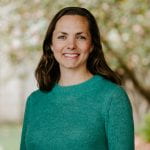
- Professor Kathryn Williams
Kathryn Williams is a Professor of Environmental Psychology and much of her work focuses on people’s relationships with forests, bushfire and grasslands as well as ‘urban nature’ including parks, gardens and green infrastructure.
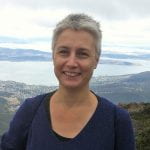
Honoraries
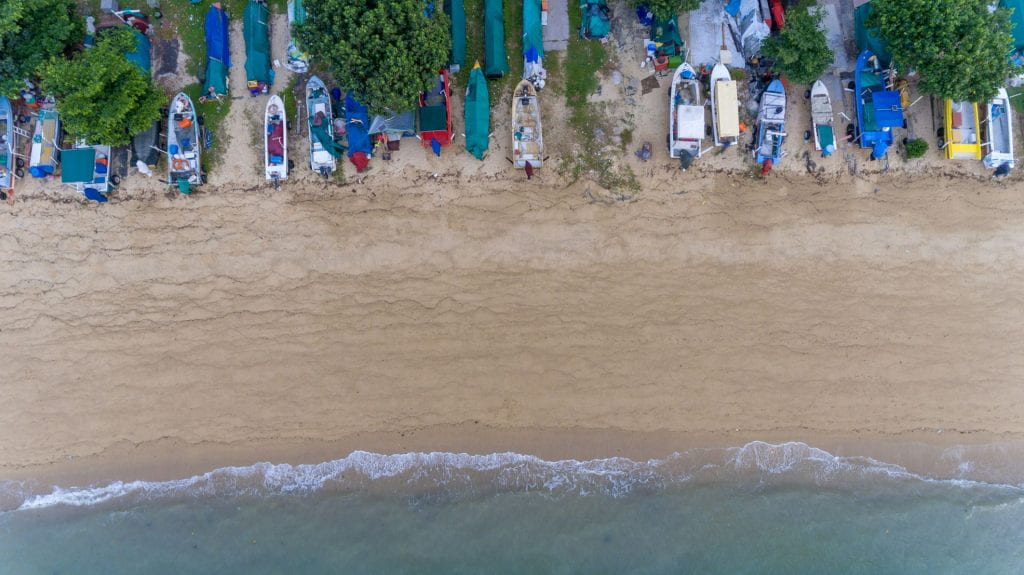
- Dr Himlal Baral
More information: Find an Expert (University of Melbourne)
- Professor Ruth Beilin
Professor Ruth Beilin is Honorary Professorial Fellow in Landscape and Environmental Sociology. Her more recent studies have focused on ‘the disaster landscape’: fire, flood, coastal inundation, and drought.
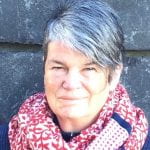
- Dr Thu Ba Huynh
- Adjunct Professor Jim McLennan
- Dr Peter Morison
Dr Peter Morison is an Honorary Senior Fellow at the School of Agriculture, Food and Ecosystem Sciences. Pete supports the Waterway Ecosystem Research Group in the Melbourne Waterway Research-Practice Partnership through its social and community engagement program.

- Dr Hemant Ojha
More information: Find an Expert (University of Melbourne)
- Dr Rebecca Ford
Rebecca Ford is a Research Fellow concerned with social dimensions of forest and fire policy and management. She draws on psychological and interdisciplinary frameworks to study people and their interactions with forests and forest and fire management by observing aspects such as values, experience, social acceptability, institutions and decision-making. More information at: Find an expert (University of Melbourne)
- Professor Rod Keenan
Rod Keenan has a B. Sc. (Forestry) from the ANU and a PhD in forest ecology from University of British Columbia, with research interests in forests and climate change, forest ecosystem services and forest and environmental policy. He is Chair Of Forest And Ecosystem Science. More information at: Find an expert (University of Melbourne)
- Dr Prativa Sapkota
Prativa Sapkota is a research fellow at the University of Melbourne, Australia. She is interested in social aspect of forest and fire management.
- Dr Kate Lee
Kate Lee is a research fellow in SAFES and a member of the Green Infrastructure Research Group. Much of her work is focused on the role of nature in boosting mood, wellbeing, and productivity for people living and working in cities.
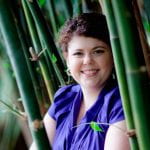
Graduate Researchers
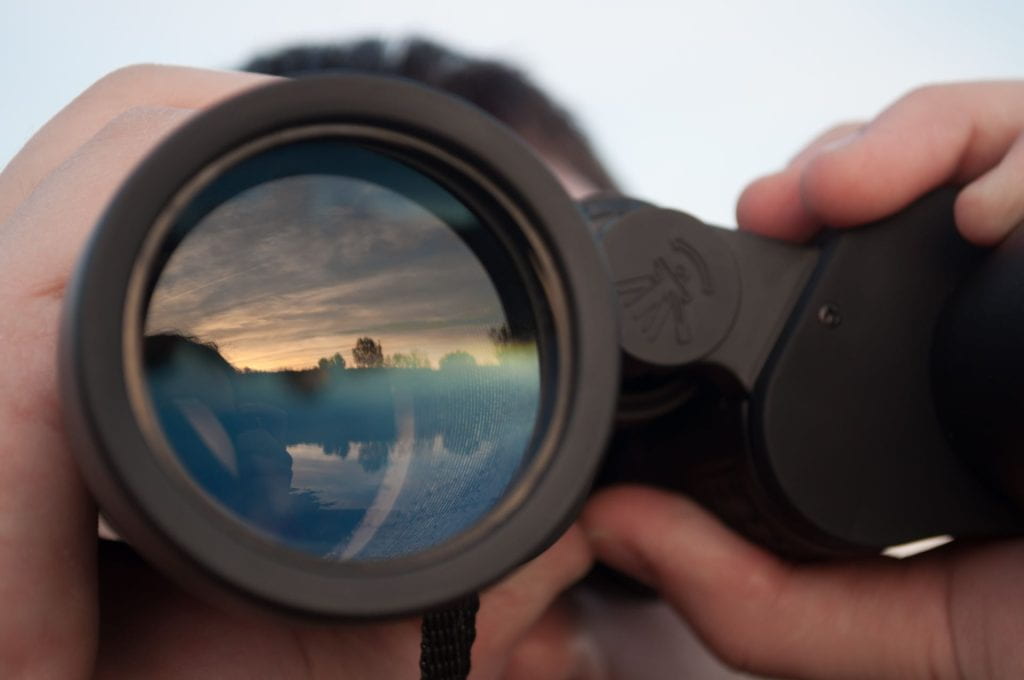
- Rebecca Toohey
PhD Candidate
- Debbie Gonzalez Canada
Debbie Gonzalez Canada is a PhD Candidate researching participation in biodiversity citizen science. She investigates how digital technologies (such as apps and digital platforms) are re-shaping knowledge and caring practices of biodiversity monitoring volunteers.

- Anastasia Gramatakos
Anastasia Gramatakos is a PhD candidate exploring the ways in which time is conceptualised in social ecological systems and how diverse experiences and expressions of time can be accounted for. She is particularly interested in the diverse ways that time is experienced, expressed and negotiated in urban green spaces.
- Christopher McCormack
Christopher McCormack is studying a PhD in conservation psychology, investigating the links between narrative and connection with nature. Chris is the co-founder and managing director of Australia’s first nature connection charity, Remember The Wild.
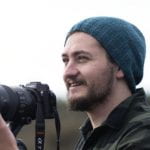
- Gabrielle Miller
Gabrielle is a PhD Candidate at SAFES. Her research broadly focuses on the socio-political dimensions of land and fire management in southeast Australian landscapes.
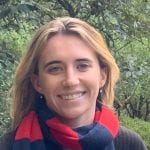
- Maddy Sbeghen
Maddy Sbeghen is a PhD candidate and their PhD project explores human-bird interactions and community engagement in the context of threatened migratory shorebird conservation in Australia and Japan, part of the East Asian Australasian Flyway.
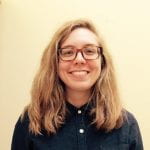
- Natale Froia
PhD candidate
- Mark De Souza
PhD candidate
Researchers in the ESS group are part of the following research projects:
- Green Infrastructure Research Group
The Green Infrastructure Research Group is an interdisciplinary team of Australia’s leading green infrastructure experts with a shared passion for using plants to make cities more liveable. GIRG creates and embeds knowledge and technologies in smart design, construction and maintenance of green spaces, trees, parks, rain gardens, community gardens and green roofs and facades in built environments. Click here for more information.
- Waterway Ecosystem Research Group
The Waterway Ecosystem Research Group is a group of researchers studying interactions between landscapes and running waters. It aims to develop tools for achieving healthy streams and rivers in urban and rural landscapes. The group is made up of ecologists, hydrologists, chemists, geomorphologists and works in collaboration with social scientists and environmental economists. Combined, these skills allow the group to undertake novel interdisciplinary research, as well as fundamental and applied disciplinary research. Click here for more information.
- The Clean Air and Urban Landscapes Hub
Cities are important environments that are home to millions of Australians. How can we make them better for people and for biodiversity? The CAUL Hub is a consortium funded under the Australian Government’s National Environmental Science Program. The hub is led by one of Australia’s leading urban ecologists Associate Professor Kirsten Parris. Deputy Hub Lead is Associate Professor Joe Hurley, an expert in the role of urban governance and policy to produce sustainable outcomes. Click here for more information.
- UniMelb Environmental Psychology
At UniMelbEnvPsych, we study human relationships with physical environments using interdisciplinary approaches grounded in environmental psychology. We examine the different ways people value environments, how people form attitudes towards environmental issues, what enables or constrains positive environmental behaviour, and how physical environments influence human well-being and function. Key themes in our work include human relationships with forest ecosystems, urban ecosystems and green infrastructure, and bushfire prone landscapes. Click here for more information.
- Next Generation Forest Plantation Investment
Next Generation Forest Plantation Investment is a research project funded by forest industry partners and the Australian Government though Forest and Wood Products Australia. The aim of the project is to bring a combination of actors together to design and test new models of investment in planted forests. This approach presents an opportunity to learn from past experiences in order to design more sustainable and attractive models for planted forest investment that meet the requirements of industry, landowners, capital investors and other stakeholders. Click here for more information.
- Trees on Farms: Connecting landowners with investors to grow timber, carbon or biodiversity
Trees on Farms is a platform that lets the user find out about the potential for land to grow trees for biodiversity, for carbon storage, and for timber. Registering an interest in growing trees will help connect platform users with organisations wishing to invest in growing trees on rural land, whether for conservation or for profit. Click here for more information.
- Improving policies for forest plantations to balance smallholder, industry and environmental needs in Lao PDR and Vietnam
From 2016 to 2019, this project aimed to improve policies for forest plantation industry development in Lao PDR and Vietnam through building better linkages between commercial investment and smallholder production. The project developed policy and institutional options for plantation development, and created a policy learning network that could build capacity in plantation sector policy analysis, development and implementation. Click here for more information.
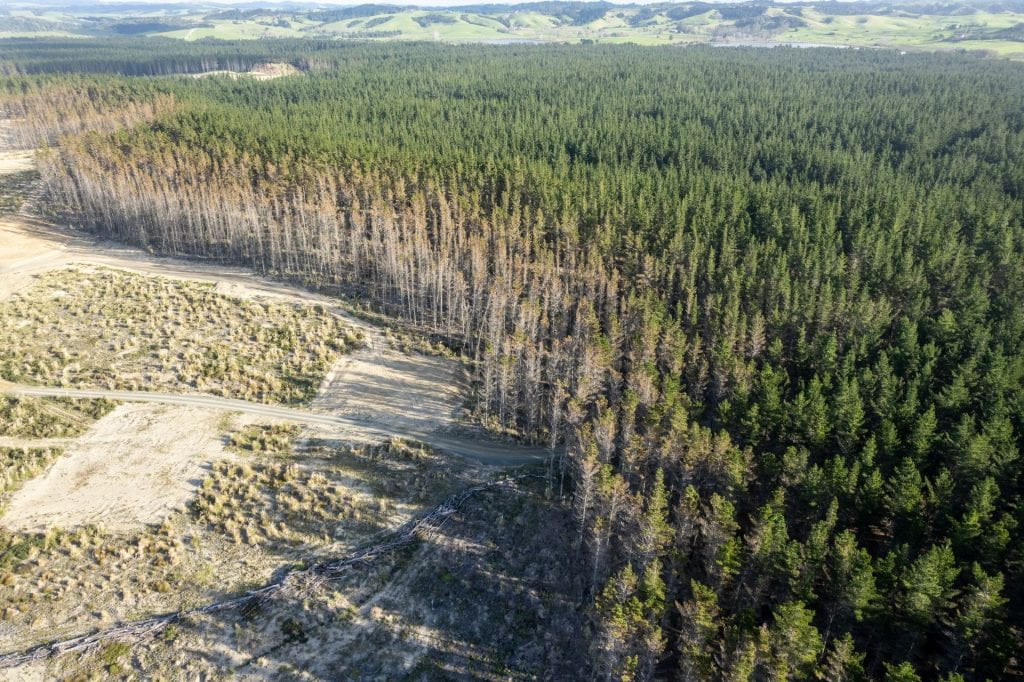
If you visit the list of ESS researchers, emails of staff and graduate researchers can be found within their profiles. You can also visit the academic staff directory here.
Contact the School of Agriculture, Food and Ecosystem Sciences here.
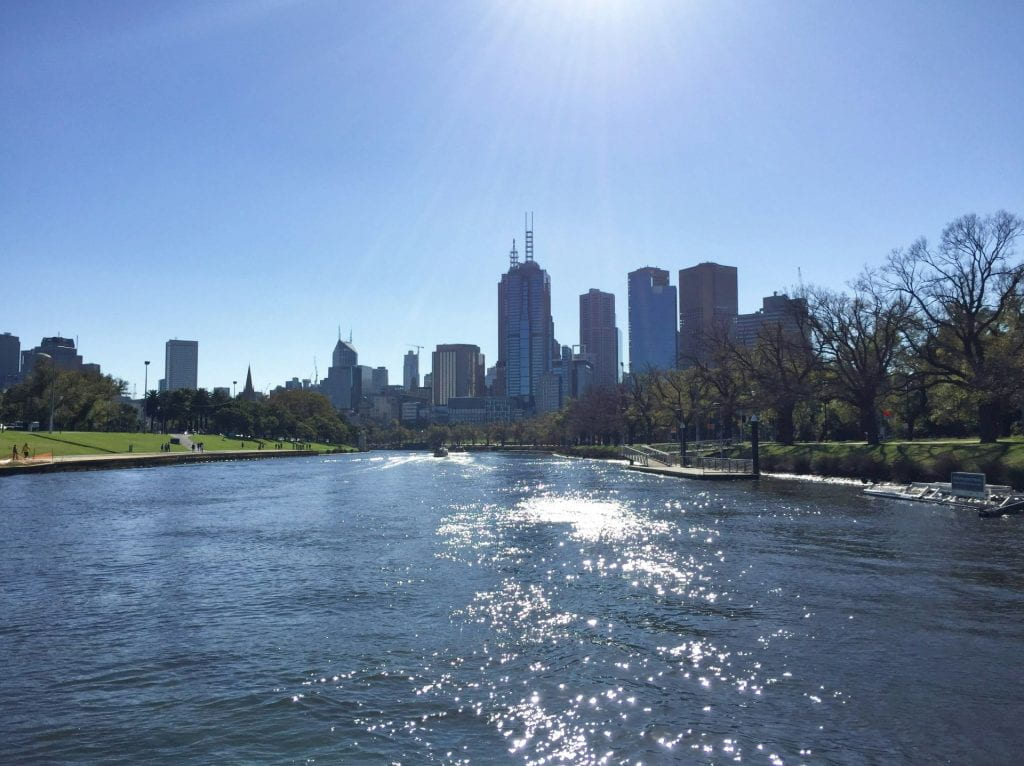
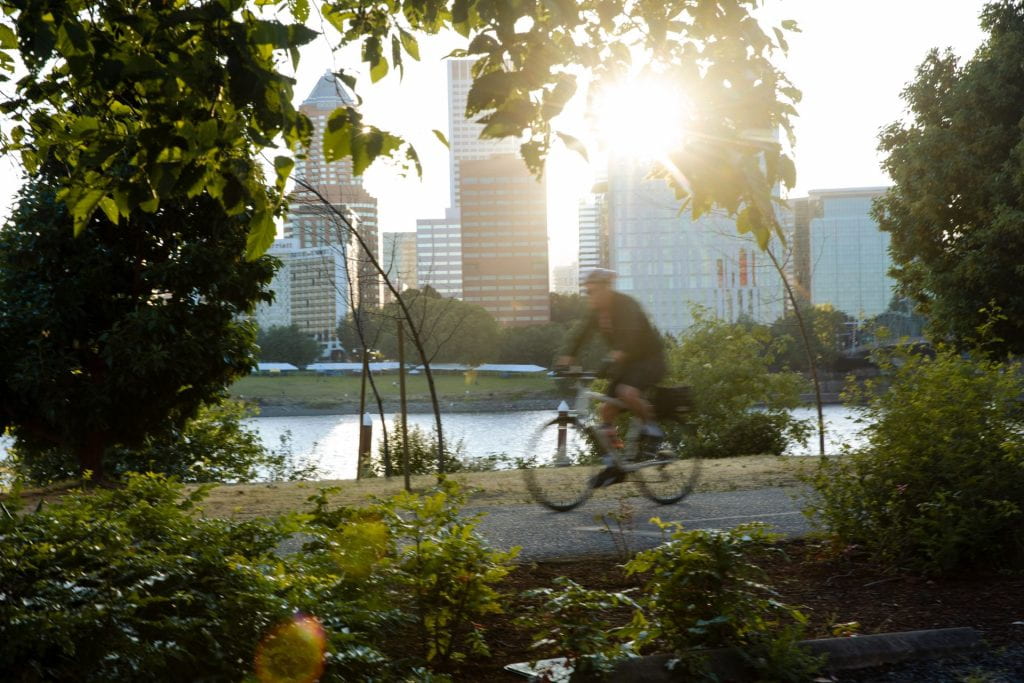
Find more environmental social research at:
- Research in the field of Human Geography from the Faculty of Science, University of Melbourne
- Environmental Social Science Network
- Network of Environmental Social Scientists (NESS)
- Australasian Agricultural & Resource Economics Society
- Environment Institute of Australia and New Zealand
- Institute of Foresters Australia